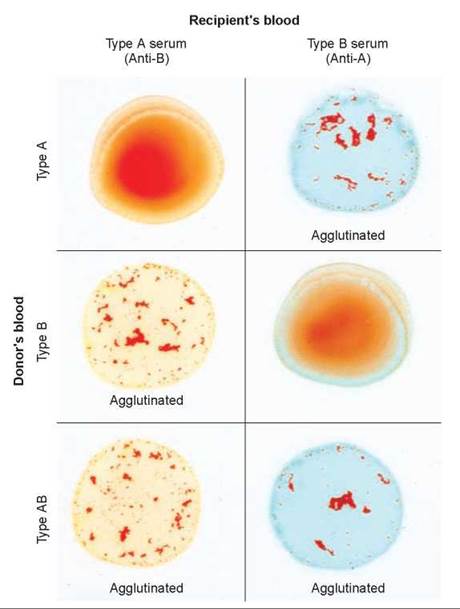

The NEJM study analyzed genetic data from more than 1,600 patients who had been hospitalized with severe cases of COVID-19 in Italy and Spain and compared them with about 2,200 uninfected individuals. GWAS is a methodology used in genetics research to identify specific genetic variations associated with particular diseases.

However, a genome-wide association study (GWAS) recently published in the New England Journal of Medicine (NEJM) is both consistent with, and potentially explains, these earlier results. However, they did not find strong evidence for a relationship between blood group and risk of intubation or death.īoth of these studies were posted to the MedRxiv website, where researchers share preliminary, unpublished data, before it has undergone peer review.

While the distribution of blood types is different in New York City than in Wuhan and Shenzhen, after controlling for other risk factors, they found that individuals with Type A blood were 34 percent more likely to test positive for the coronavirus, while having Type O or AB blood was associated with a lower probability of testing positive. In April, researchers at Columbia University reported similar risks associated with Type A blood after blood-typing more than 1,500 New Yorkers and testing them for COVID-19. Individuals with Type A blood type also represented a higher percentage of patients who succumbed to the illness - 41 percent versus 25 percent for Type O. The risk for individuals for Type O blood appeared to be significantly lower, just 26 percent of the cases versus 34 percent of the healthy control group. They observed that individuals with Type A blood appeared to be at significantly higher risk of contracting the virus - constituting nearly 38 percent of the ill patients, compared with the 31 percent of healthy individuals with this blood type. The first hint of a possible relationship came in March, from researchers in China, who compared nearly 2,200 hospitalized COVID-19 patients to a control group of approximately 27,000 healthy individuals. The question of a possible relationship between blood type and disease risk has been a topic of active research since early in the pandemic. Is this true? And would my blood type be part of my record at MIT Medical - maybe from lab work I’ve had done in the past? If so, how can I get that information? My understanding is that people with Type O blood are less susceptible than people with other blood types. I have read that people with certain blood types are more susceptible to contracting COVID-19. Got a question about COVID-19? Send it to us at and we’ll do our best to provide an answer. MIT Medical answers your COVID-19 questions.


 0 kommentar(er)
0 kommentar(er)
